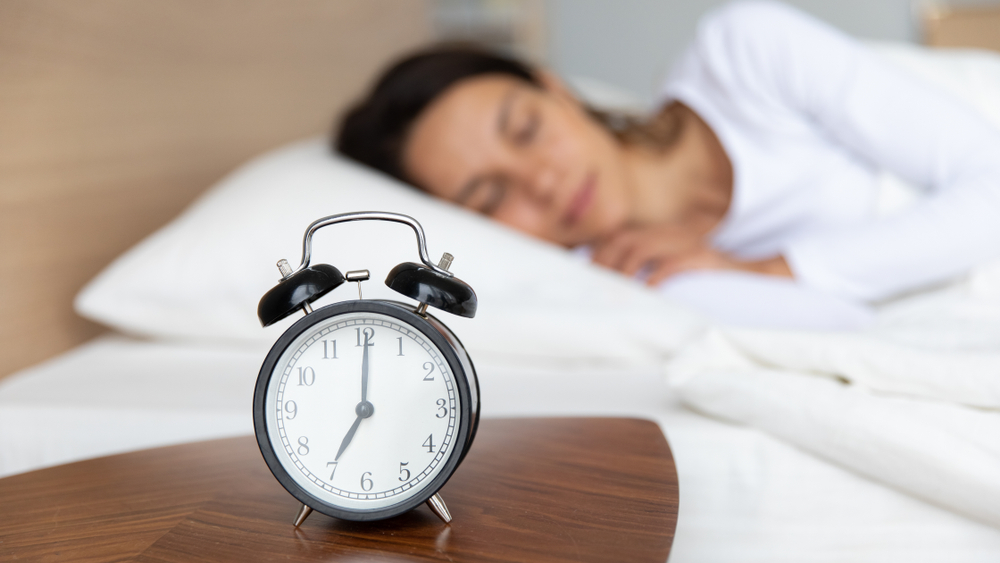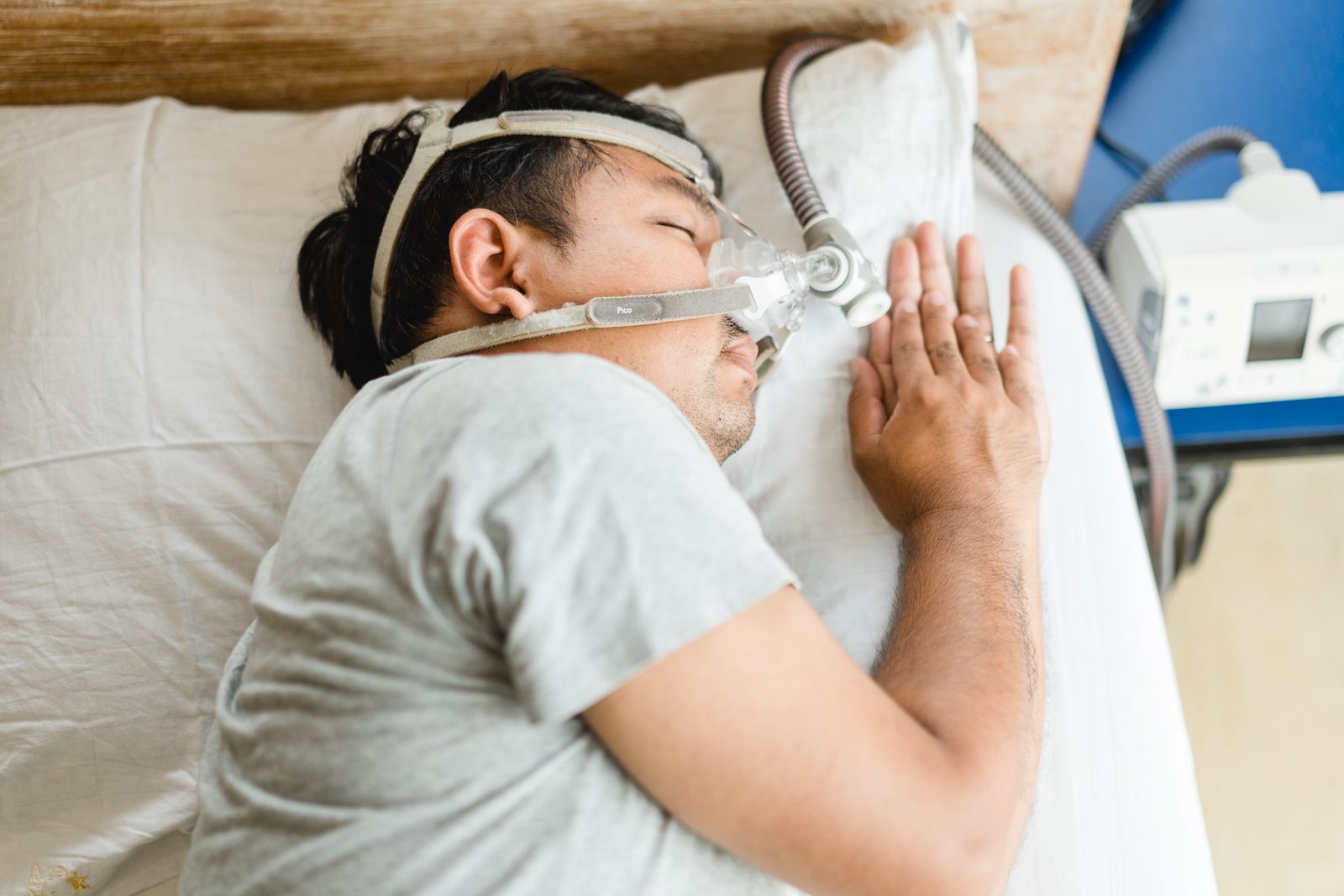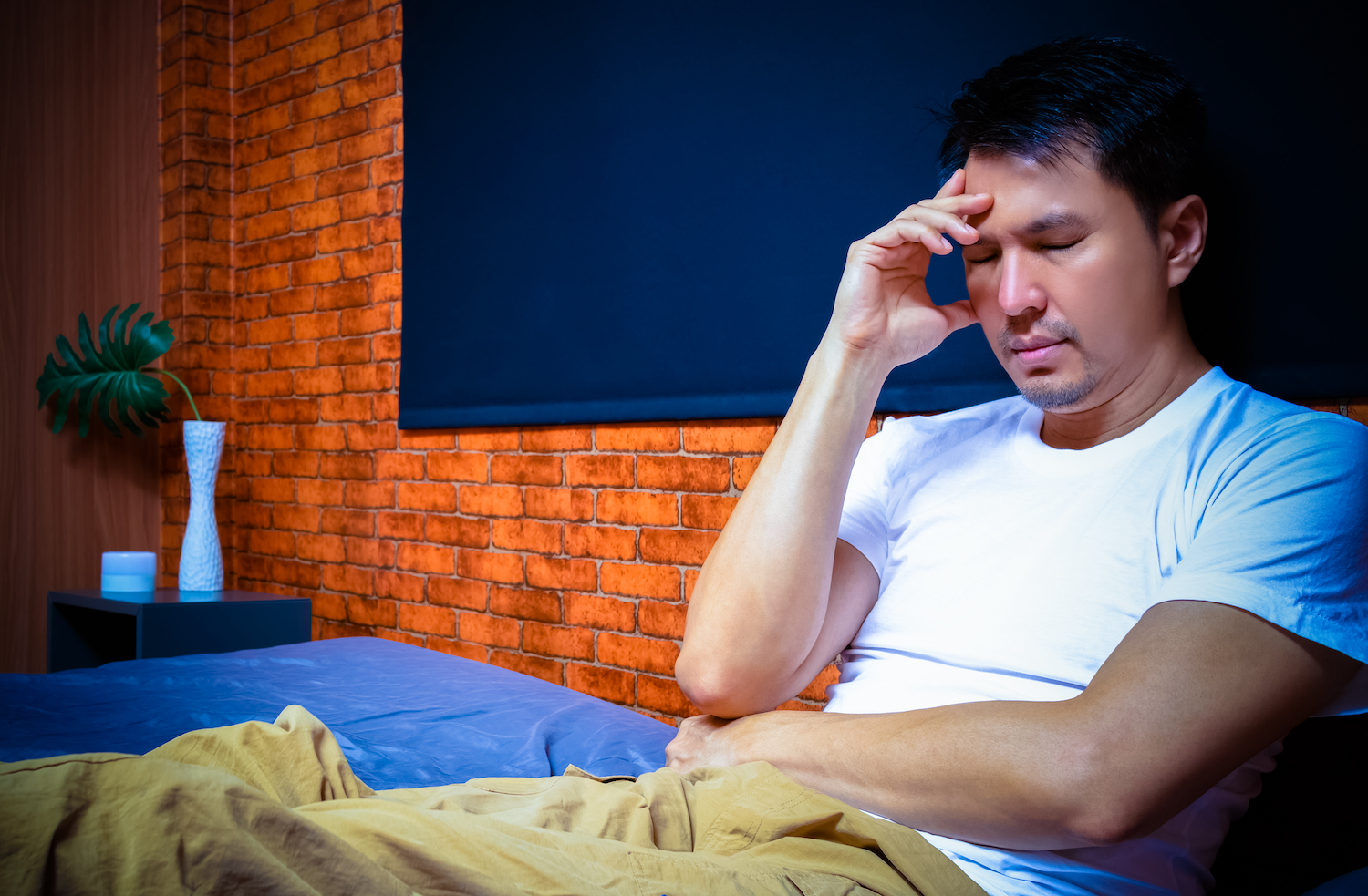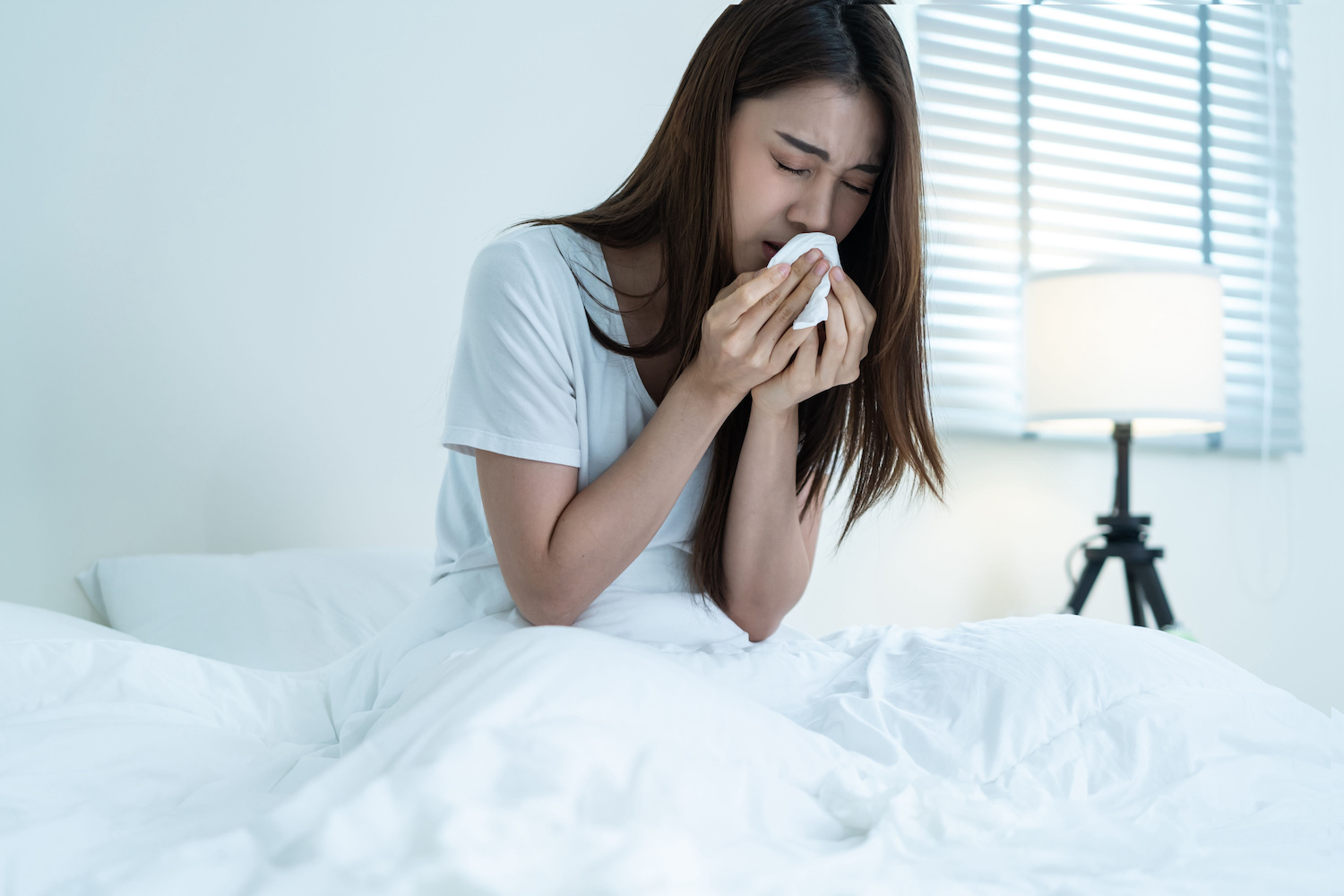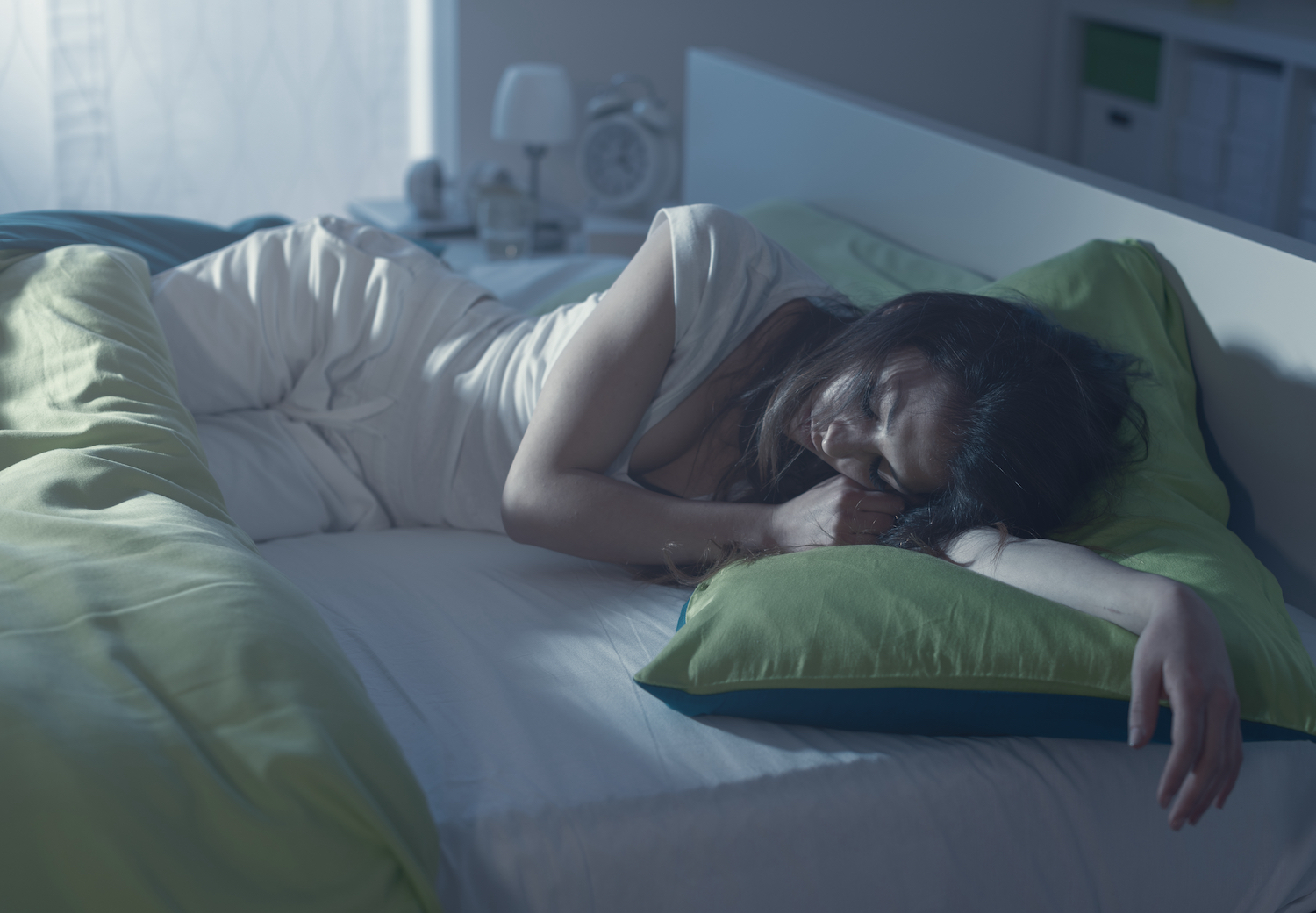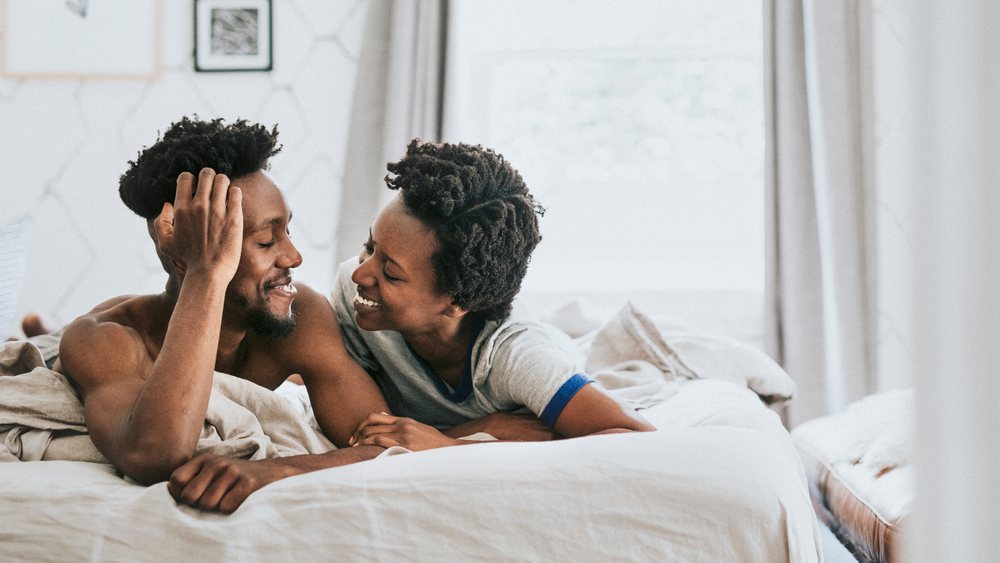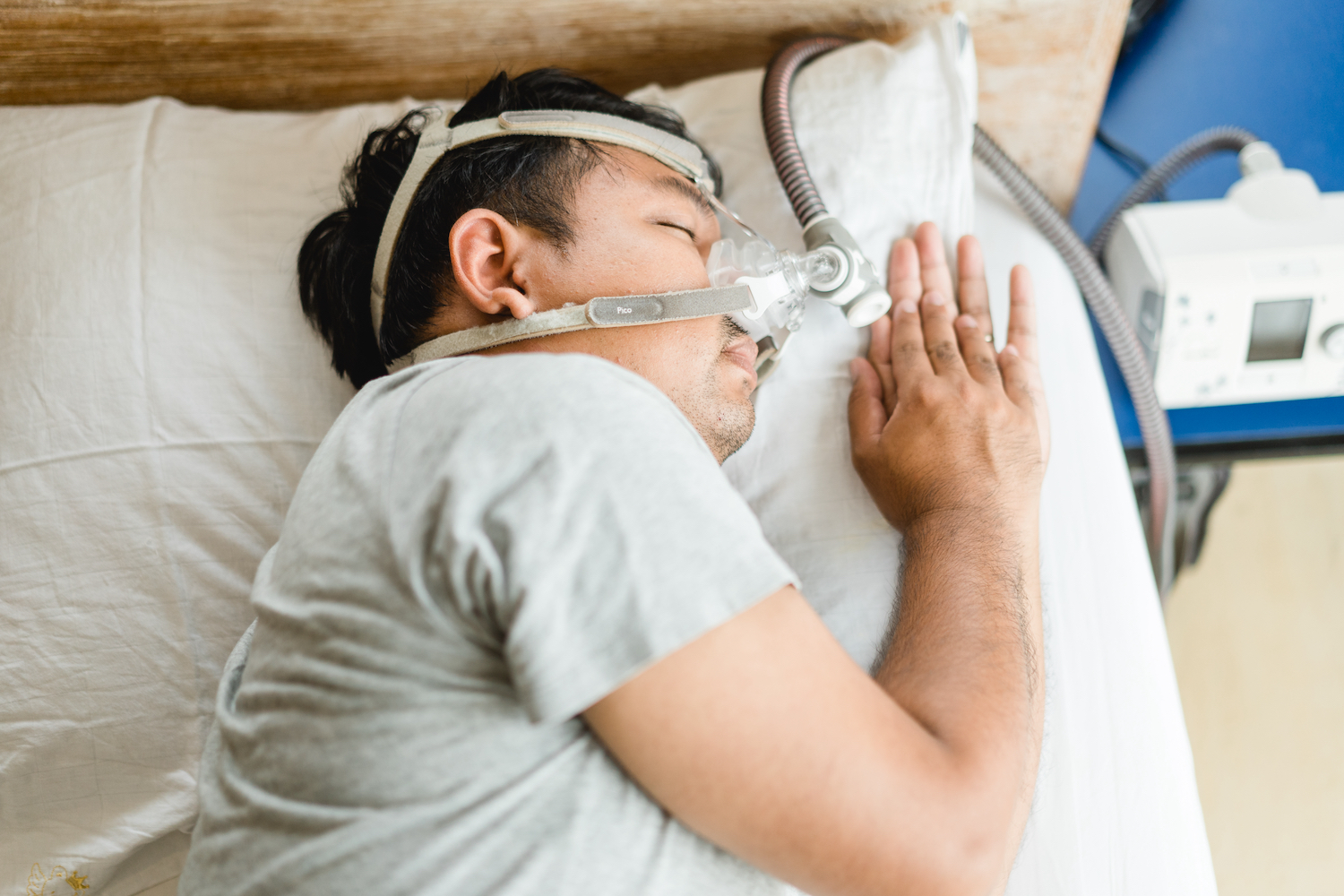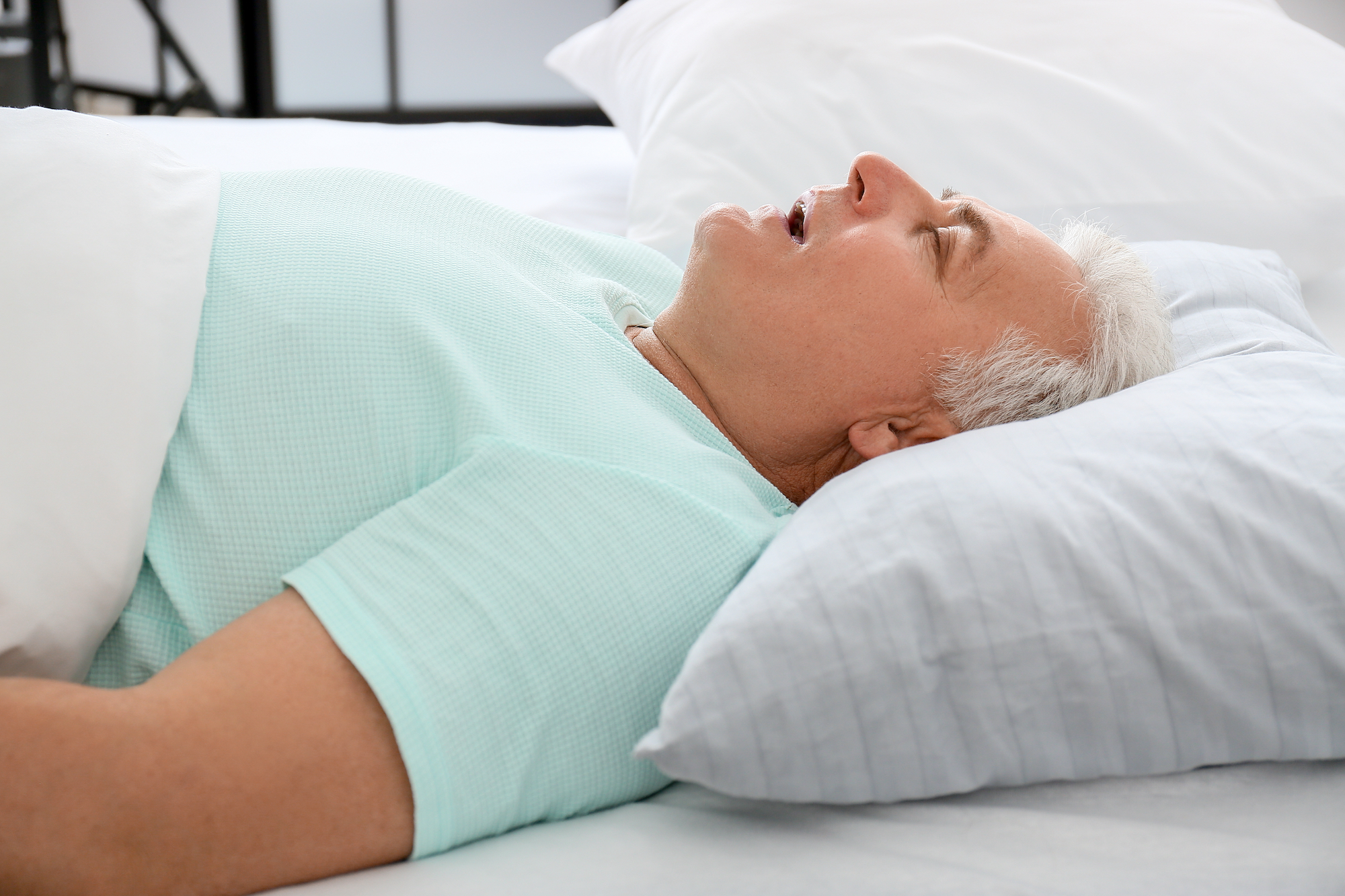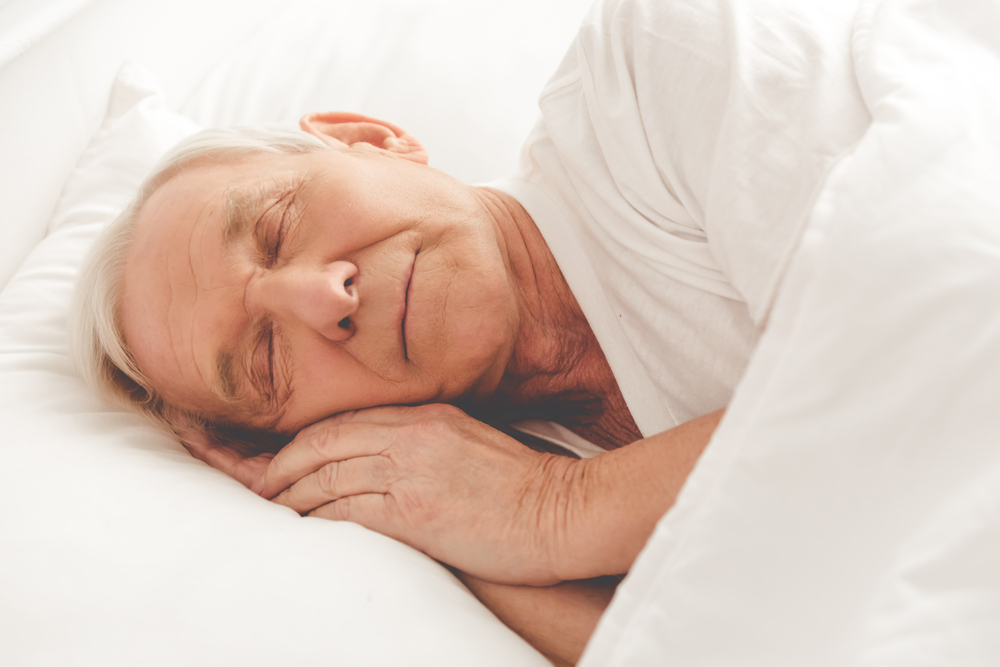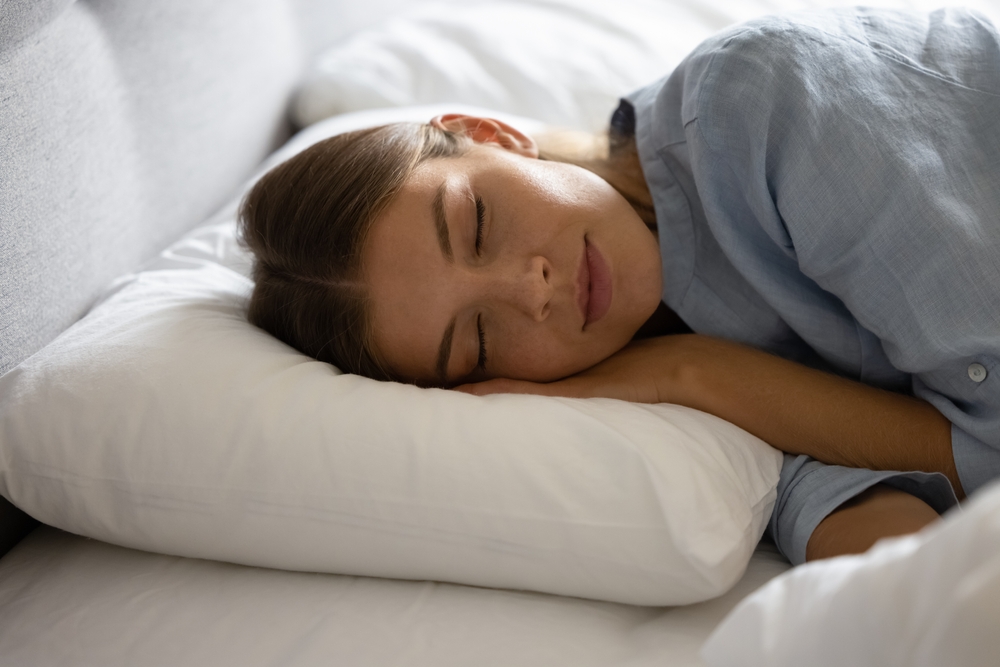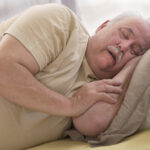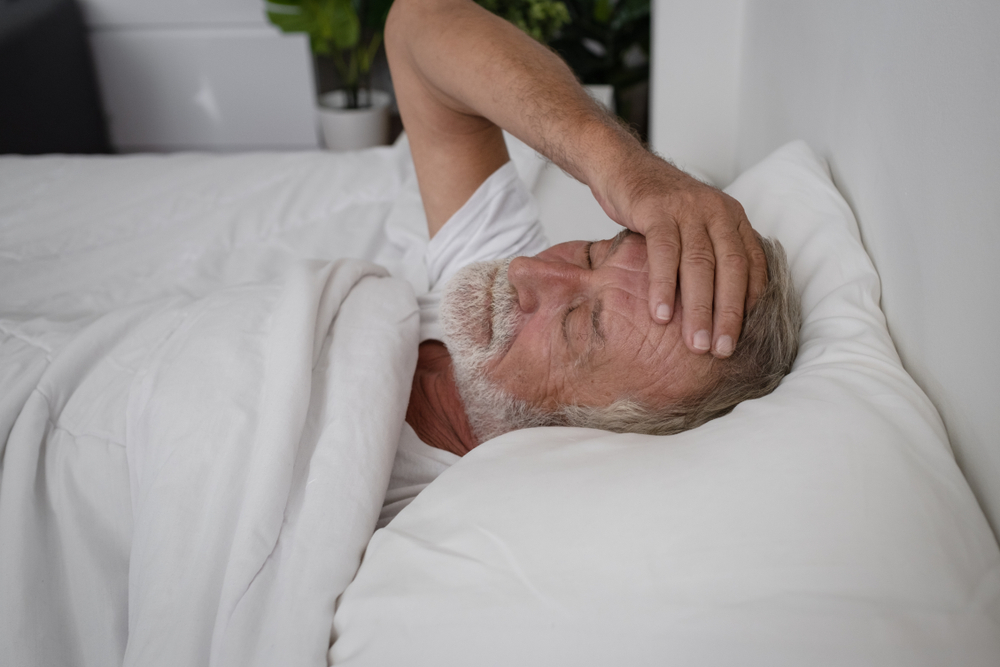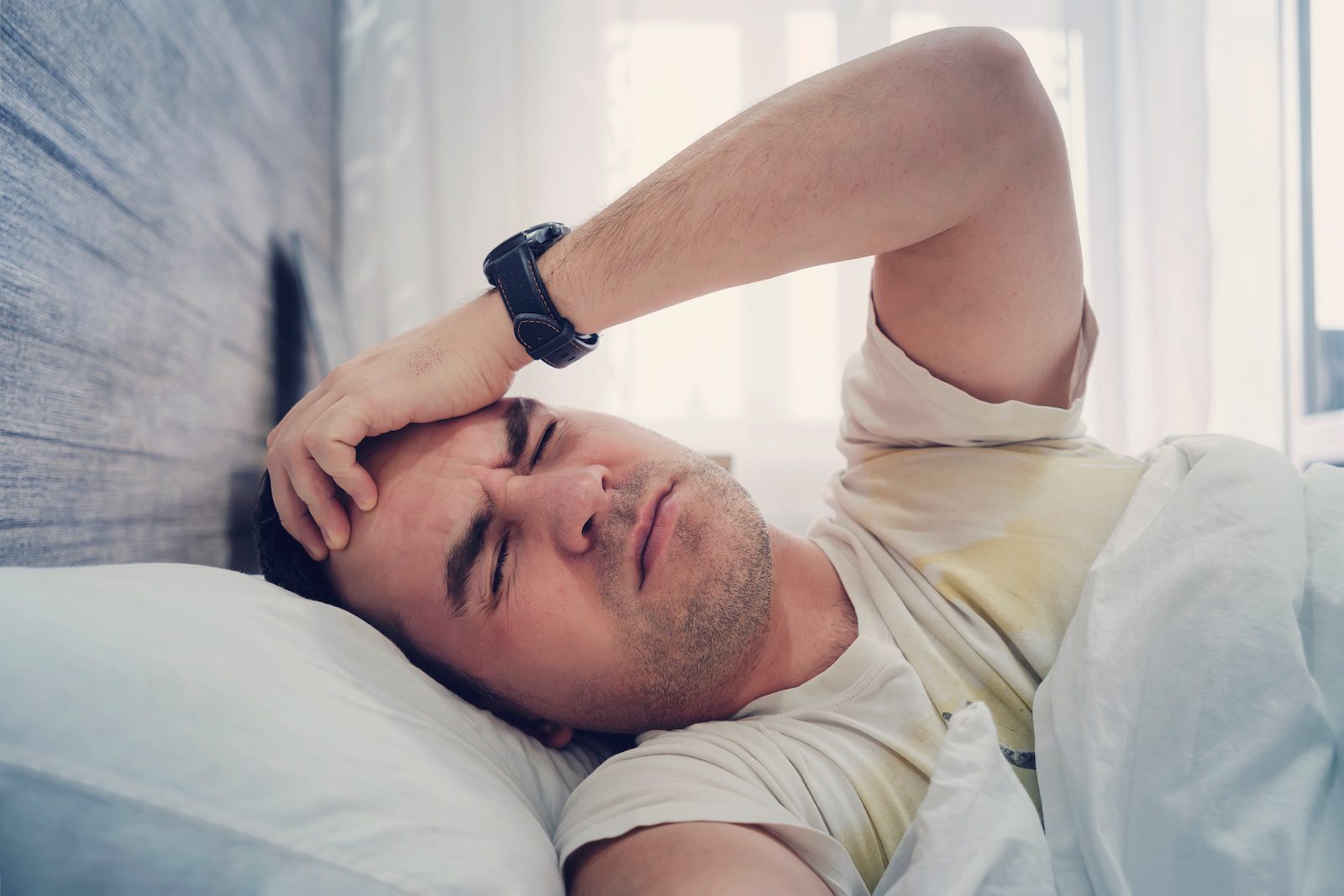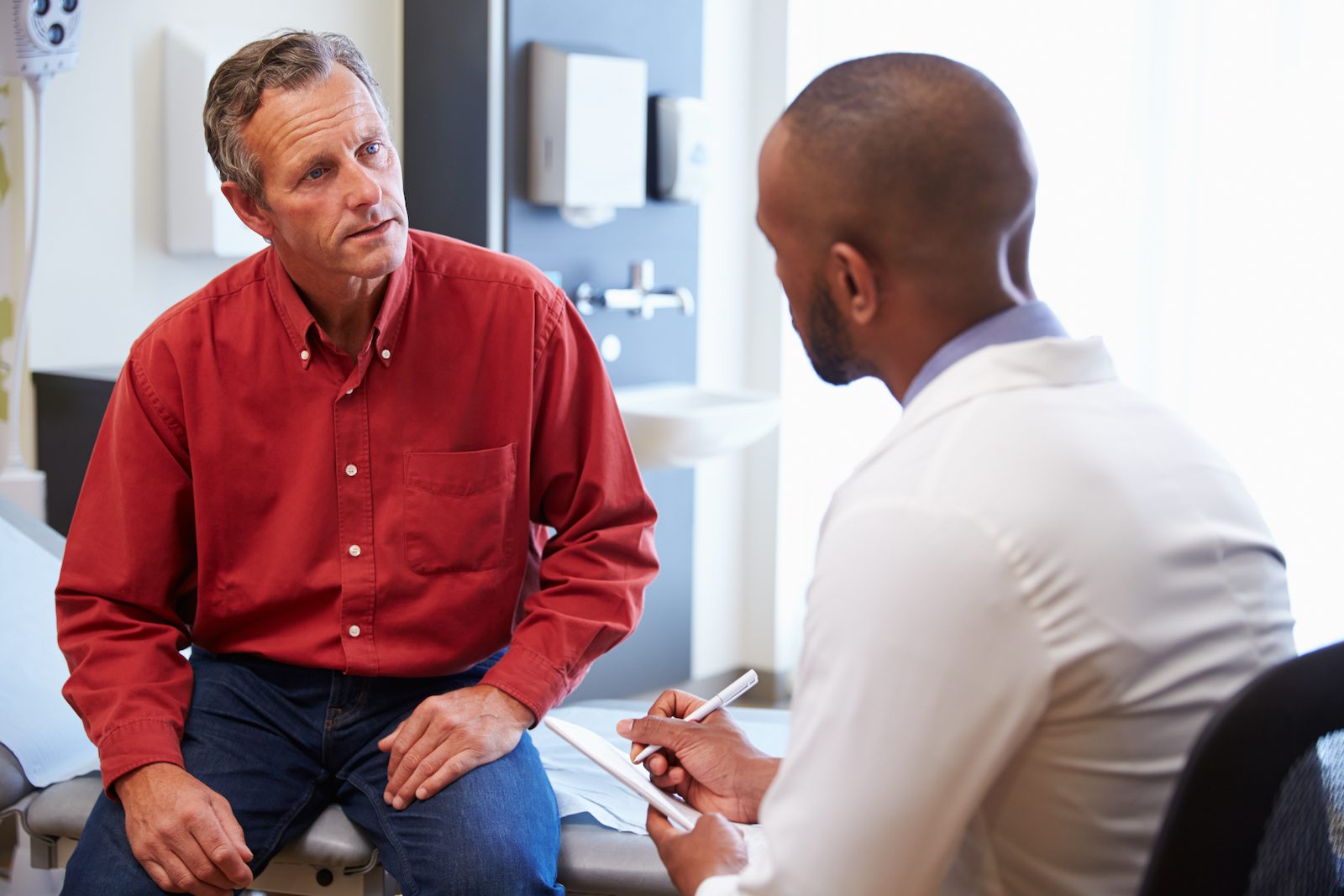Healthy sleep is essential for overall health and well-being, but can be hard to manage when work and social schedules get busy. A lot of adults and children don’t get enough sleep. In fact, more than 25% of U.S. adults report not getting enough sleep.
Lack of sleep and untreated sleep disorders are actually public health issues that can impair health, productivity, personal relationships, and public safety. The flip side is that sleeping well helps ensure optimal health, well-being, and performance at school or work.
What is Sleep Health?
Sleep health is a term used to describe sleep qualities that encourage health and well-being. Sleep health includes three main components:
- The main characteristics of healthy sleep
- The health benefits of sleep
- Ways to measure and improve sleep health
Sleep health is also part of Healthy People 2030, the U.S. government’s data-driven program to improve population health. The initiative has a whole category dedicated to sleep, with a goal to ensure all people in the U.S. are getting enough sleep.
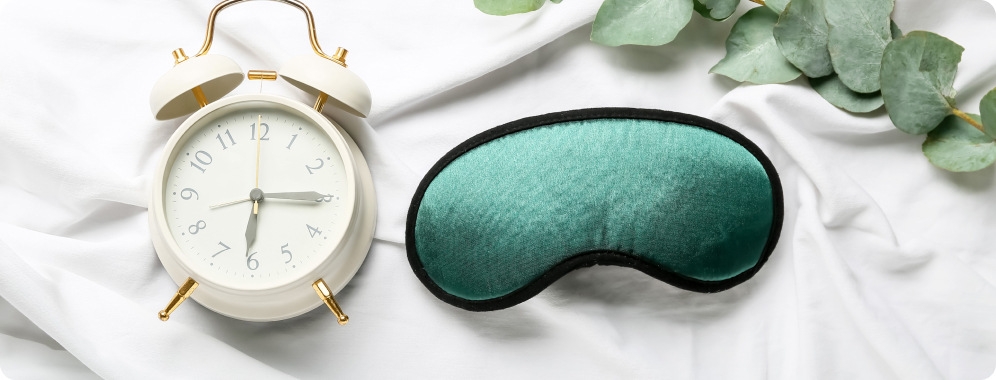
Why Does Sleep Health Matter?
Sleep is a biological process that’s necessary for health and wellness. It plays a role in a multitude of vital cognitive and metabolic functions that keep the body healthy. The amount of sleep a person gets, along with sleep quality, can influence decision-making, eating habits, interpersonal relationships, and impulsive behavior. And sleep loss, whether it’s short or long term, can significantly impair mental health, mood, safety, and physical health.
Healthy sleep, on the other hand, helps ensure good health in the following ways:
- Better physical health: Sleep is essential for heart health, mental health, and healthy brain functioning. It also helps the body fight infections. Over time, sleep loss can increase the risk of conditions such as heart disease, high blood pressure, obesity, and diabetes.
- Improved well-being: Sleep is essential for feeling well-rested and like you have energy throughout the day. It also helps with productivity, learning, mood, and memory. Studies show that healthy sleep supports high performance in school and at work.
- Healthier weight: Research indicates that sleep is important for losing and managing weight. Lack of sleep can make it harder to control eating. A study found that when sleepers went from sleeping for six hours to seven hours a night, they were less likely to gain weight.
- Increased public safety: Sleep loss can increase the odds of car crashes, accidents, and safety problems. That’s because sleepiness reduces reaction time and attentiveness. Driving while tired is a common problem that threatens health and safety. Drowsy driving causes up to 6,000 fatal crashes a year. Better sleep health can help reduce the incidents of drowsy driving.

The Components of Sleep Health
Sleeping for enough time and regularly getting quality sleep are two critical components of sleep health. However, daily habits, busy schedules, and untreated sleep disorders can make it challenging to sleep well. Keeping track of daily sleep and nighttime habits can help you measure your sleep health.
Sleep Duration
Sleep duration describes the total hours of sleep a person gets. Regularly getting enough sleep at night is an important part of both sleep health and overall health. The American Academy of Sleep Medicine and other authorities provide sleep guidelines for all age groups, and recommend that adults get seven to nine hours of sleep a night.
Everyone is different, and sleep requirements can vary from person to person. However, your odds of regularly needing sleep outside the recommended range is not common. Although busy schedules can make shortened sleep more commonplace, and you might technically be able to get by on fewer, most adults still need at least seven hours of sleep. The trait of only needing less than six hours of sleep a night, or being what’s known as a “short sleeper,” is uncommon and linked to a rare gene mutation. Most people who think they only need six hours or less of sleep per day are actually chronically sleep deprived and putting themselves at risk for adverse health problems over the long-term.
Regularly sleeping more than nine hours a day or being unable to get at least seven hours of sleep despite budgeting enough time for it can indicate health problems or a sleep disorder, so it’s important to take note and talk to your doctor.
Sleep Quality
If sleep duration is the number of hours you sleep, you can think of sleep quality as how deep or restful that sleep is. It’s just as important as duration. In fact, you could get your recommended hours of sleep and still feel tired.
Multiple variables can determine sleep quality. The progression of sleep, including nighttime wakings and disruptions, are essential components of quality sleep. In addition, the amount of time it takes to fall asleep and return to sleep after waking also affects quality. There are also less objective measures of sleep quality you might notice, like how restorative it feels.
Treatment of sleep disorders
Treating sleep disorders is vital for sleep health. Untreated sleep disorders, such as sleep apnea, can lead to poor quality sleep and excessive daytime sleepiness. Sleep disorders can shorten and fragment sleep, increasing the risk of health complications. Adults with sleep apnea or other persistent sleep problems should speak with a doctor to treat and manage symptoms. Doing so can lead to better sleep and all the health benefits associated with it.
Disparities in Sleep Health
Sleep health disparities are differences in sleep health experienced by certain populations, usually those that are disadvantaged. Sleep is crucial for overall health. However, there are a lot of differences in sleep health across the U.S. population. Several factors like social and economic status, race, and age can make it much harder for some people to achieve healthy sleep.
- Education: Sleep problems are common amongst college students. Because of irregular schedules, all-nighters, and active social lives, many of them don’t regularly get consistent sleep. School-aged children who attend schools that start before 8:30 a.m. may also not get enough sleep, which can increase health risks and impact academic performance.
- Social factors: Loneliness and social isolation are linked with sleep problems. A study found that experiencing discrimination is also associated with insufficient sleep and shorter sleep duration. Older adults who live in long-term care homes with low physical activity and minimal social interactions are at risk for sleep problems, too.
- Race and ethnicity: There are preventable differences in sleep health across racial and ethnic groups. Certain sleep disorders like sleep apnea are highly undiagnosed amongst Black Americans. Studies also indicate that across their lifespan, Black people face a higher risk of insufficient sleep duration. Black children and children from Latinx backgrounds have higher rates of sleep problems than peers from other racial and ethnic groups.
- Income: Living in economically disadvantaged neighborhoods is linked to disrupted sleep and difficulty falling asleep. Neighborhood factors such as noise, bright street lights, and air pollution can affect sleep. Similarly, some job schedules, such as shift work and overnight jobs, are linked to sleep problems, fragmented sleep, and insufficient sleep.
Sleep Health Vs. Sleep Hygiene
Sleep health is about how sleep can promote and impact health, whereas sleep hygiene is the individual actions people can take to sleep better. Everyone, including individuals, can take part in improving sleep health. Doctors, local communities, schools, and workplaces can share information about sleep health and actions to help promote sleep.
When people learn more about sleep health and the ways it impacts overall health, they can reflect and take steps to practice sleep hygiene. Maintaining a consistent sleep schedule, eating a healthy diet, optimizing your bedroom for sleep, and regularly exercising are examples of sleep hygiene tips.

Common Sleep Disorders
Sleep disorders are a common issue. Experts estimate that 50 to 70 million people in the U.S. have a sleep disorder. Chronic sleep issues may indicate a sleep disorder. Speak with a doctor about sleep concerns to get screened for sleep disorders and begin treatment.
Common sleep problems include the following.
- Snoring: People who snore make noise while they breathe during sleep. Snoring is one of the main symptoms of sleep apnea and can indicate an underlying sleep breathing disorder. That said, it can also be a stand-alone condition. Occasional snoring is relatively common, and people are more likely to snore as they age.
- Central sleep apnea: Central sleep apnea (CSA) is a sleep disorder where breathing repeatedly pauses during sleep. This particular disordered breathing happens when the brain does not send the right signals to control breathing. CSA tends to co-occur with other medical conditions. It can also develop from brain damage or certain medications.
- Obstructive sleep apnea: People with obstructive sleep apnea (OSA) have impaired breathing because their airway is blocked or too narrow, reducing airflow during sleep. Certain factors like tonsil shape and obesity can increase the odds of developing OSA.
- Insomnia: People with insomnia have difficulty falling asleep and staying asleep. According to the Centers for Disease Control and Prevention (CDC), one in two adults will experience short-term insomnia at some point in their lives. There are multiple treatment options for insomnia, including cognitive behavioral therapy for insomnia (CBT-I), medications, and improving sleep hygiene.
Risks of Insufficient Sleep
Insufficient sleep can have mental health and medical consequences. Shortened sleep, irregular sleep schedules, sleep loss, and fragmented sleep can all lead to insufficient sleep. It’s a common problem. A third of adults and children don’t get sufficient sleep.
Lack of sleep can impact a variety of areas, including the following:
- Mental health: Insufficient sleep is associated with anxiety and depression, and sleep problems typically co-occur with mental health conditions. One study even found that not getting enough sleep was linked to an increased likelihood of experiencing mental distress. Likewise, sleep problems may have a role in the development of mental health conditions and neurodegenerative diseases like Alzheimer’s.
- Health complications: Insufficient sleep is closely related to several diseases and adverse health outcomes. That’s because sleep is so important for immune health. Evidence shows that sleep problems may contribute to chronic diseases, and sleep problems are associated with an increased risk of heart disease, diabetes, obesity, and cancer. Habitual short sleepers have a higher risk for strokes and heart disease.
- Productivity: Lack of sleep can impair cognitive performance, thinking, and memory. Evidence suggests that sleep significantly affects academic performance. It may also limit employment outcomes. Research indicates that sleep problems are associated with reduced work performance and attendance. It can also increase the risk of daytime sleepiness, fatigue, confusion, and low alertness.
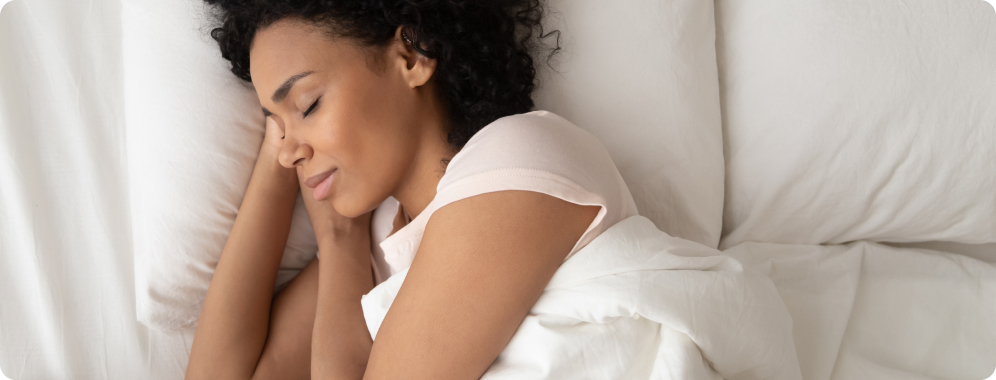
How to Adopt Healthy Sleep Habits
There are many ways to improve sleep, including lifestyle changes, treatment for sleep disorders, and scheduling choices. Everyone has varying social, environmental, and individual needs that can impact their sleep and should be taken into account. Taking steps to improve sleep habits and behavior could help improve sleep.
- Put sleep at the top of the list: Prioritize sleep and make time for it.
- Get more hours: Consider extending your sleep if you’re a short sleeper.
- Develop a schedule: Set a consistent sleep and wake schedule that is consistent on both weekdays and weekends.
- Get help: Speak to a doctor if you have sleep problems, and get treatment for sleep disorders.
- Keep a sleep journal: Monitor your sleep duration to check that you’re consistently getting enough sleep.
- Develop good habits: Practice good sleep hygiene, making changes like avoiding screen time before bed and creating a relaxing bedroom environment.
- Focus on overall health: Be physically active and maintain a healthy diet.
Sleep Health
Sleep is essential for many biological processes, such as metabolism and cognitive functioning. Poor sleep health is connected to negative health outcomes and chronic diseases like heart disease, diabetes, and obesity. Maintaining healthy sleep habits can help improve health outcomes and help you feel your best.
Sleep and mental health are interrelated. Sleep problems are associated with anxiety and depression, and the relationship also goes the other way, too. Sleep deprivation may increase the risk of developing mental health conditions.
The amount of sleep you need depends on your age and other factors. Most adults need seven to nine hours of sleep.
There are people who are naturally short sleepers, but it’s rare that someone actually functions better on fewer than six hours of sleep. Not sleeping for enough time increases the risk of health problems. Getting the recommended amount of sleep each night will help keep you healthy.
Practicing good sleep hygiene can help improve sleep health. Review your sleep patterns and habits, and speak with a doctor if you have sleep problems.
Chronic difficulty falling asleep, nighttime wakings, loud snoring, and waking up tired the next day may indicate a sleep disorder. If you have problems sleeping, speak with a doctor to screen for sleep disorders and begin treatment.


